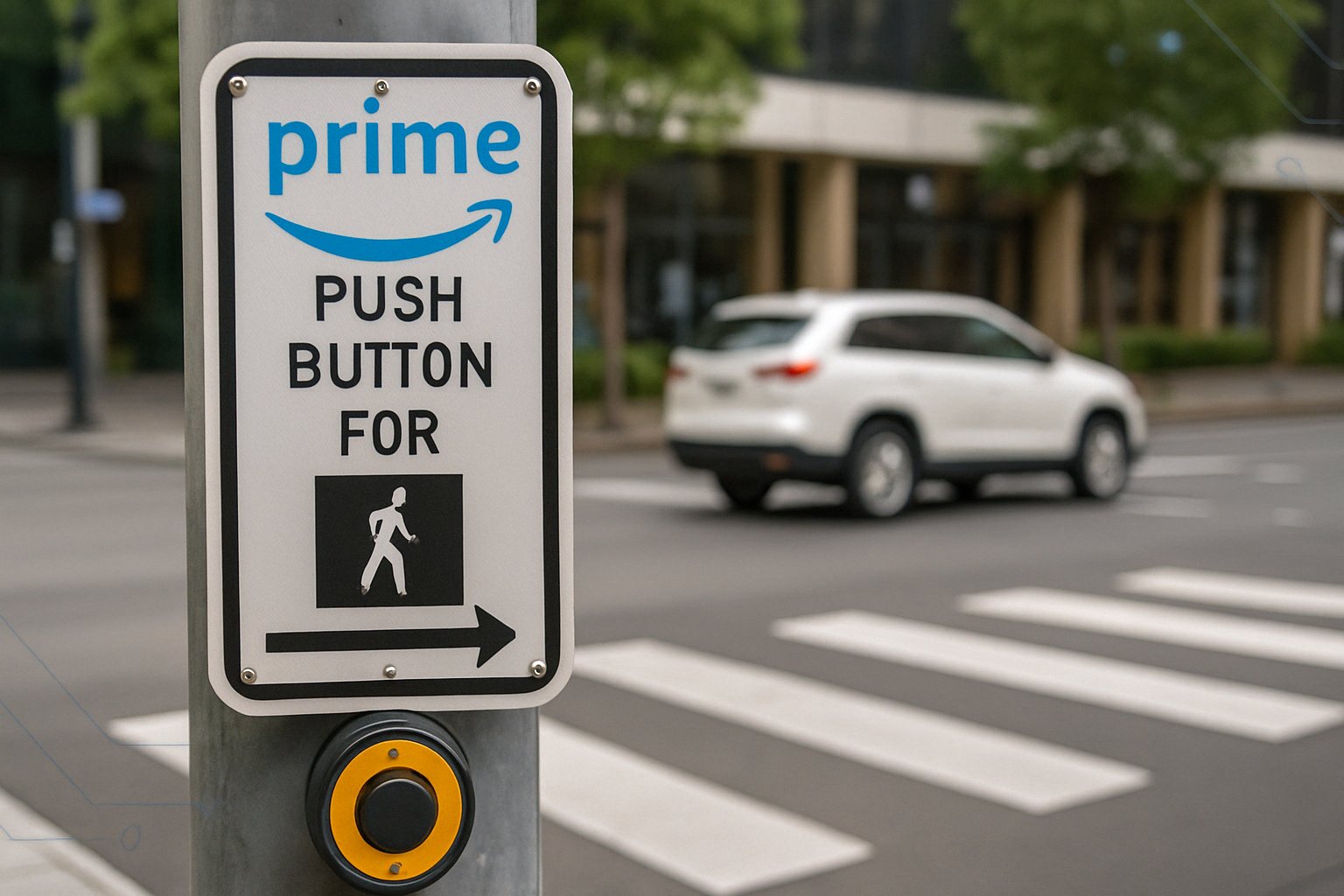crosswalk
-
Crosswalk Button Hacking Sparks Safety Concerns in U.S. Cities
Crosswalk buttons in various U.S. cities have been hacked to emit AI-generated voices of tech moguls, raising safety concerns for pedestrians, particularly the visually impaired, as municipalities scramble to address these vulnerabilities.

